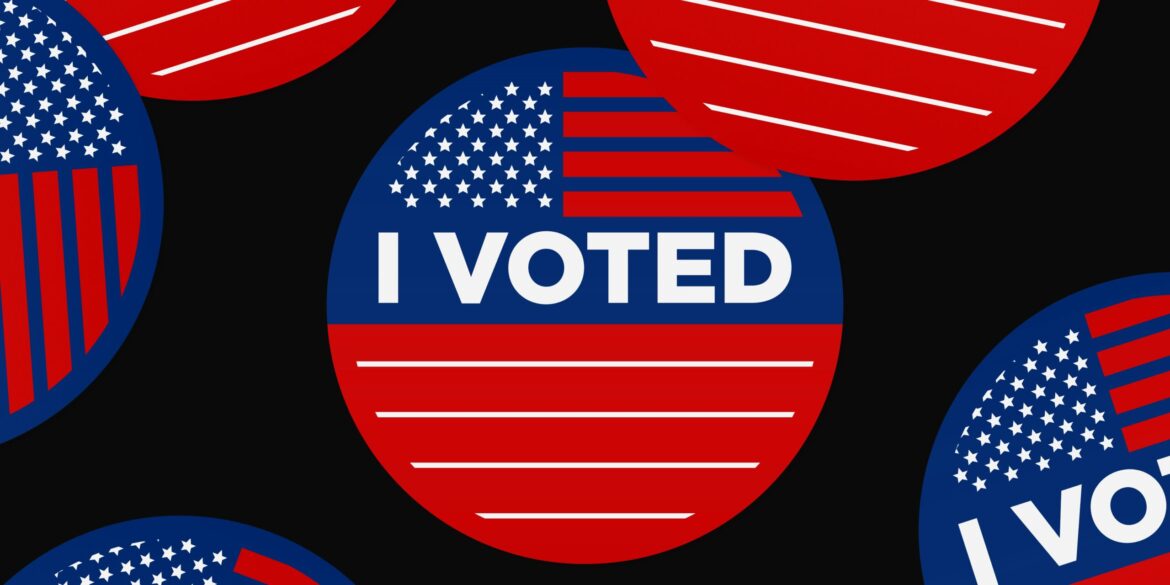As the 2026 midterm elections approach, the issue of voter identification laws is gaining significant momentum in several key swing states. Republican lawmakers in states such as Georgia, Pennsylvania, and Wisconsin are intensifying their efforts to implement stricter voter ID requirements, citing the need to protect the integrity of the electoral process. With both parties gearing up for a high-stakes election cycle, this issue is expected to play a central role in shaping the political landscape leading into 2026.
Proponents of voter ID laws argue that these measures are essential for preventing voter fraud and ensuring that only eligible individuals cast ballots. “It is important that every legitimate vote counts, and that we maintain confidence in the electoral process,” said Governor Brian Kemp of Georgia, a staunch advocate for expanding voter ID requirements in the state. Supporters claim that these laws are common-sense solutions to safeguard elections, especially in light of concerns over election security and integrity.
The push for stricter voter ID laws has gained traction as several states, including Georgia, have implemented or expanded requirements in recent years. These measures typically mandate that voters present a government-issued photo ID, such as a driver’s license or passport, before casting their ballots. Supporters argue that this ensures that each vote is cast by a legitimate voter and reduces the risk of fraud in elections.
However, critics of voter ID laws contend that they disproportionately impact minority, elderly, and low-income voters, who may face difficulties obtaining the necessary identification. These groups, which are often underrepresented in the electorate, argue that the laws create unnecessary barriers that could suppress voter turnout in communities already at a disadvantage. In particular, opponents argue that the cost and logistical challenges of obtaining a photo ID could prevent many eligible voters from participating in elections.
Civil rights organizations and voting rights advocates have raised concerns about the potential for voter suppression, particularly in communities of color. Studies have shown that these groups are less likely to have access to a photo ID, and critics argue that requiring such identification could disenfranchise thousands of voters who already face obstacles to participating in the electoral process.
As the debate over voter ID laws heats up, it is clear that the issue is likely to be a focal point in the 2026 midterms. With key swing states at the heart of the discussion, both political parties are closely watching how the laws are implemented and whether they will impact voter turnout in crucial battleground districts. Republicans argue that such laws are necessary to maintain electoral fairness, while Democrats and voting rights groups warn that they could have a negative impact on marginalized communities.
The 2026 midterm elections are poised to be highly competitive, with control of Congress hanging in the balance. As both parties work to energize their bases, the debate over voter ID laws will continue to be a significant point of contention. Proponents of stricter identification requirements argue that ensuring a secure and trustworthy election system is paramount, while opponents emphasize the need to balance election security with ensuring equal access to the ballot box for all eligible voters.
As the election season heats up, the future of voter ID laws in swing states will be closely monitored, with both parties weighing the potential consequences for voter turnout and the broader implications for American democracy.
For more information, visit: Election Assistance Commission.

